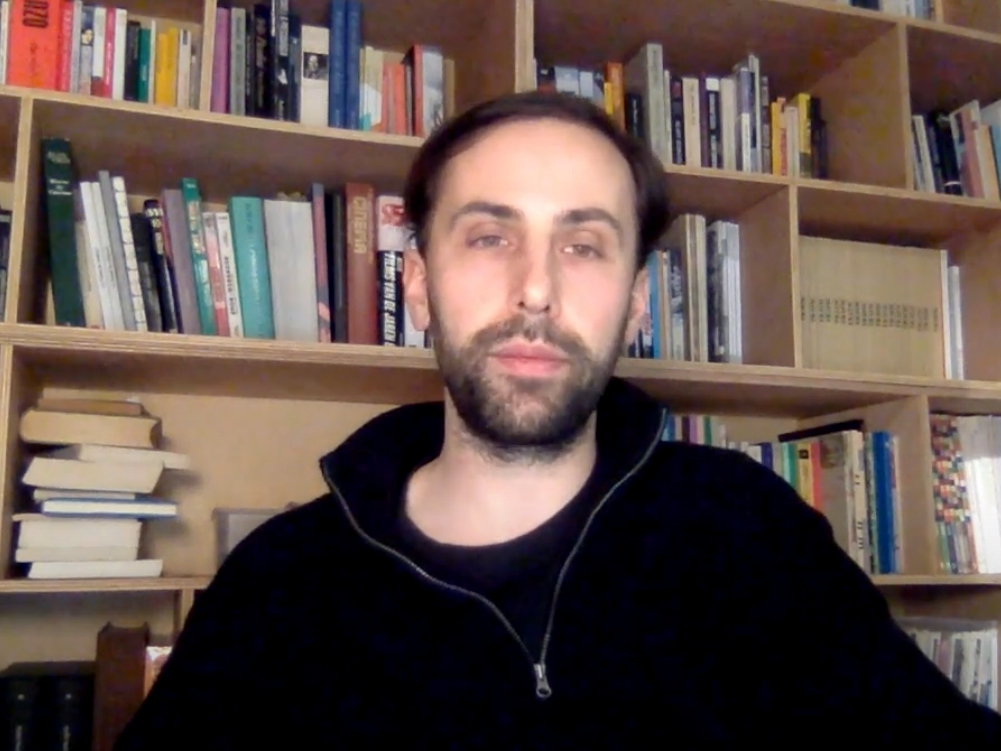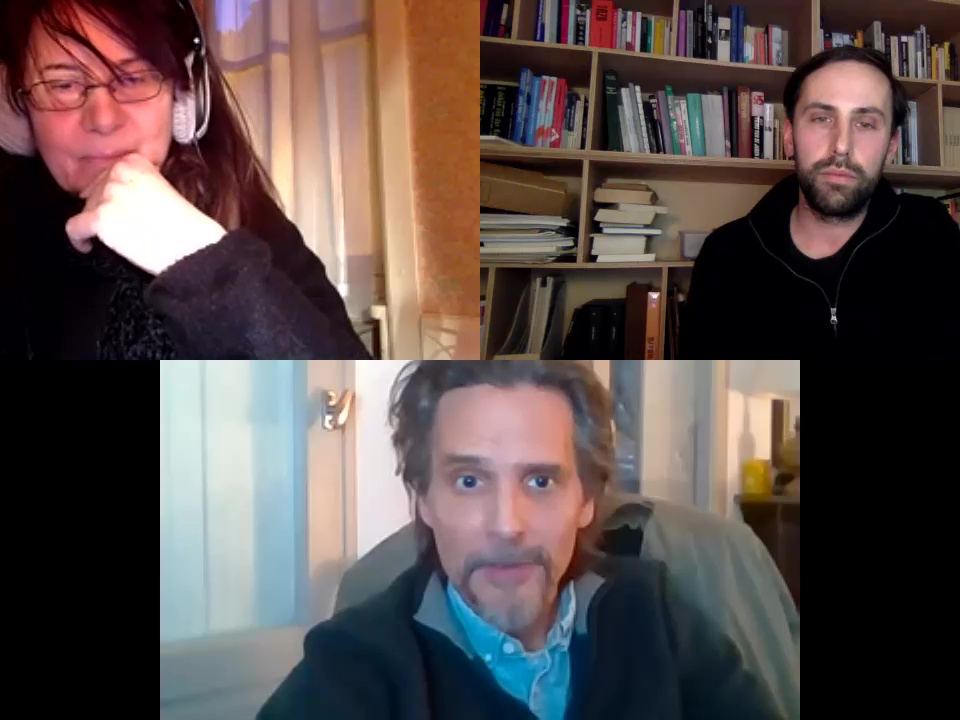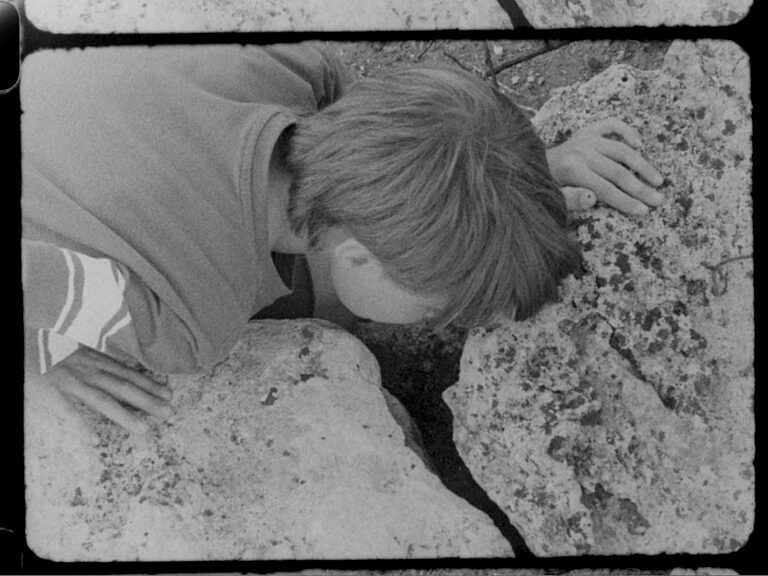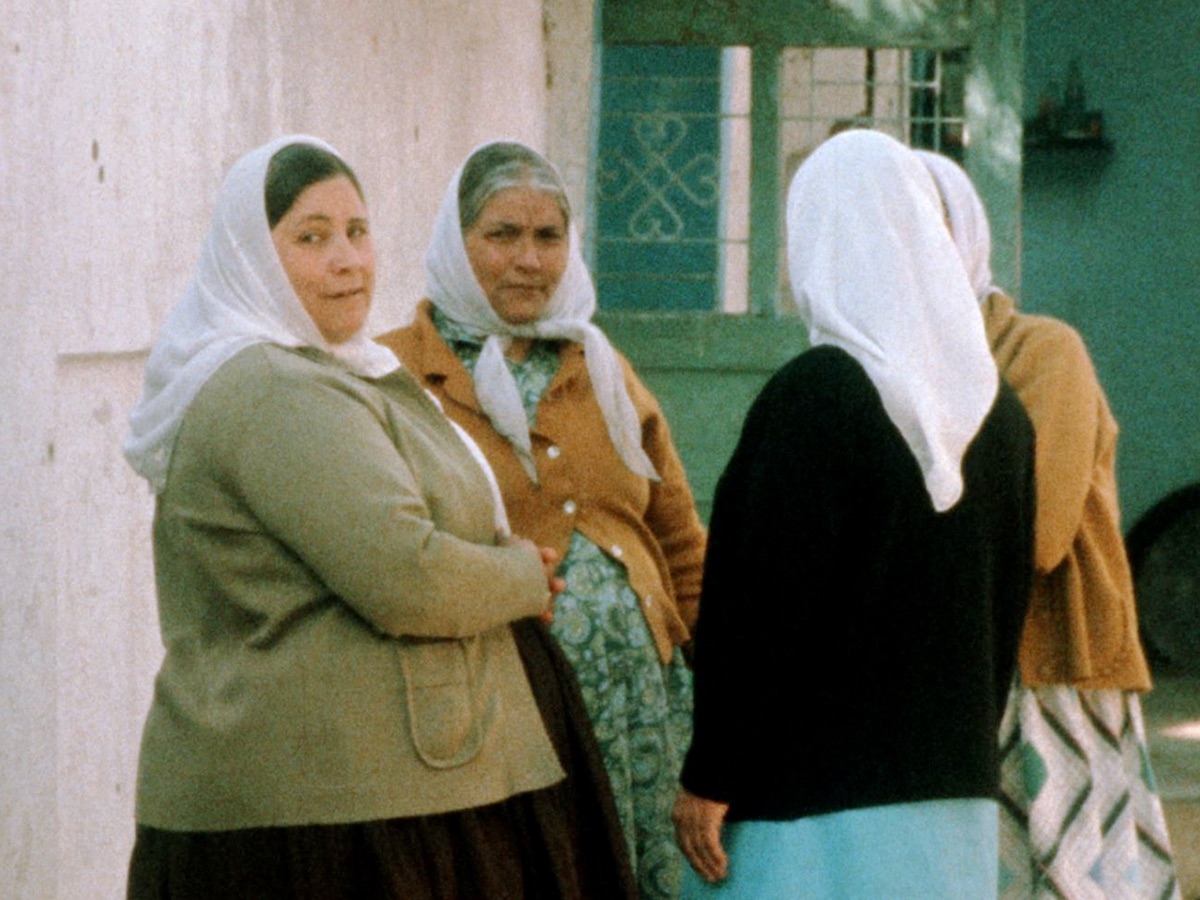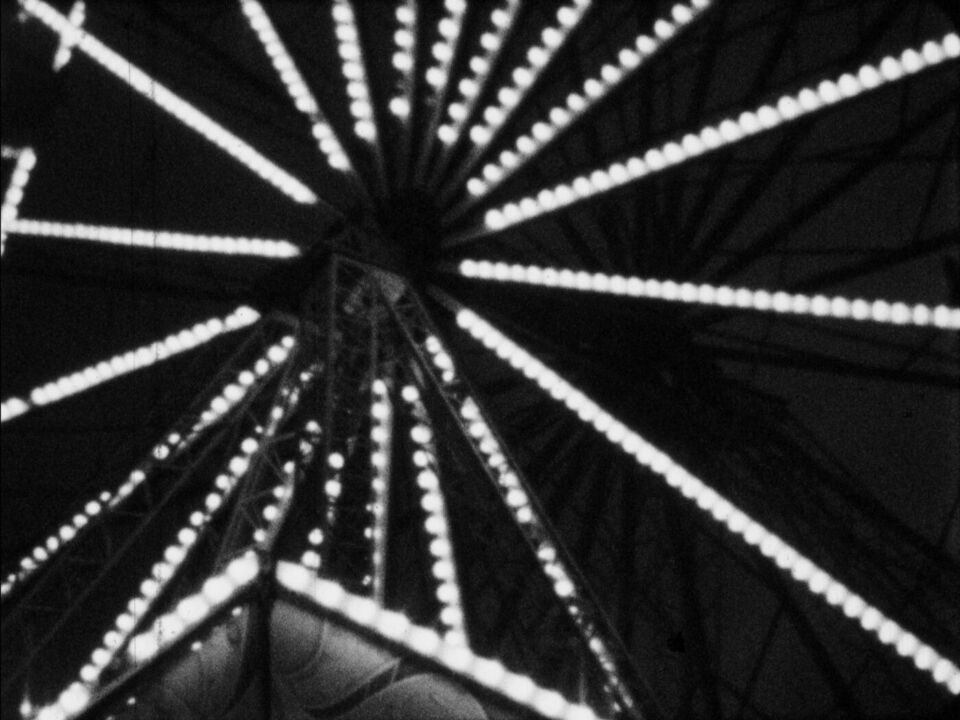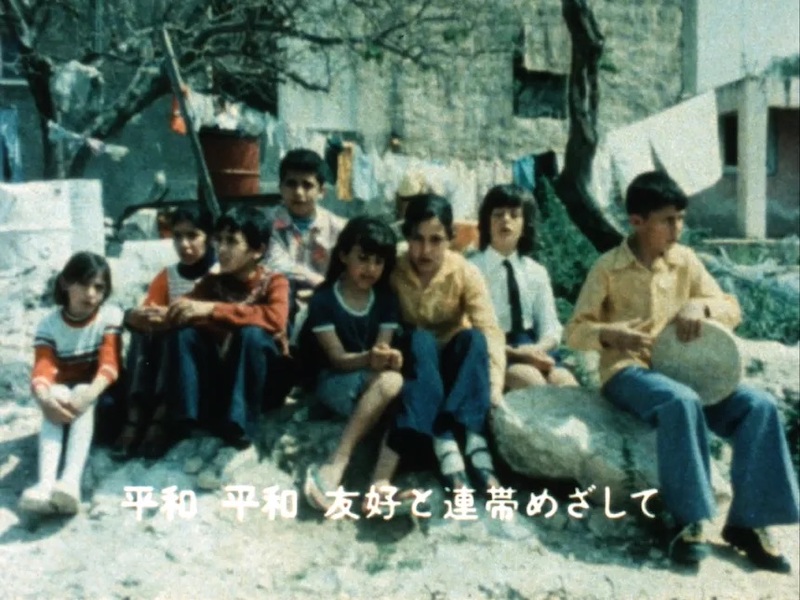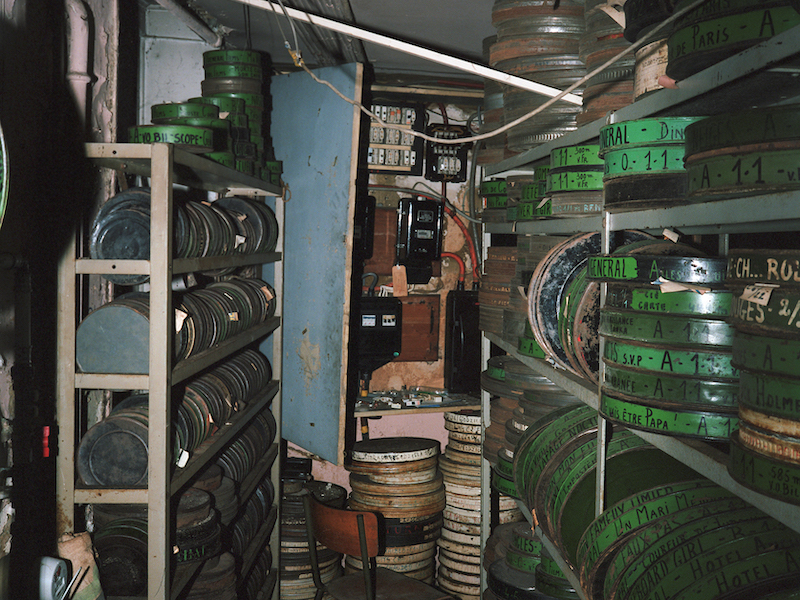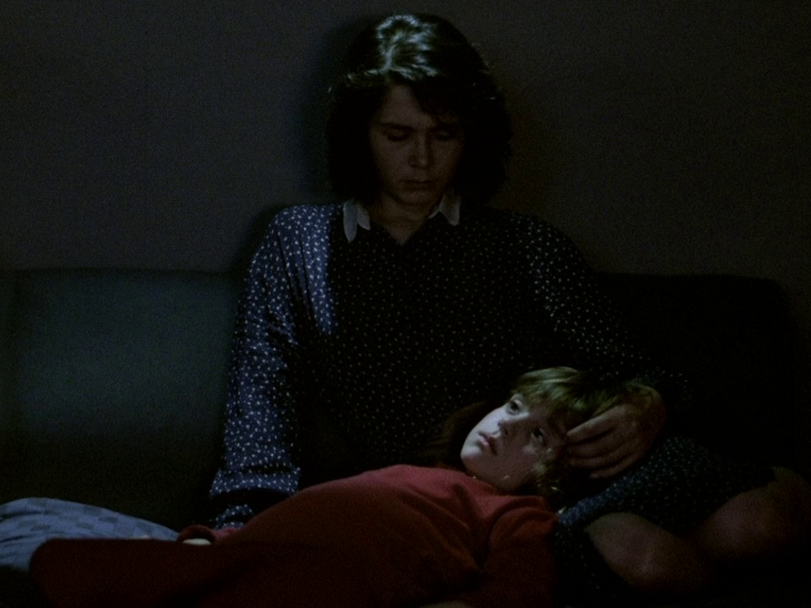Gerard-Jan Claes
Gerard-Jan Claes (Belgium, 1987) is a filmmaker, lecturer, author, both founder and artistic director of the cinephile platform Sabzian, and co-founder of the independent film distributor Avila. As a filmmaker, he collaborates with Olivia Rochette (Belgium, 1987). Their shared filmography consists of Because We Are Visual (2010), Rain (2012), Grands travaux (2016), Mitten (2019) and Kind Hearts (2022). Since 2009, the duo provides audiovisual work for choreographer Anne Teresa De Keersmaeker and her dance company Rosas. Claes teaches at P.A.R.T.S. and LUCA School of Arts. You can find more information on their films on their website.
Gerard-Jan ClaesGerard-Jan ClaesWeek 12/2024
Every year, the Flemish Audiovisual Fund (VAF) awards a series of Wildcards, a starting budget for graduating filmmakers to make a new short film. Fourteen films were submitted in the Filmlab category which represents more experimental work. On Monday, ArtCinemaOFFoff will present five graduation films from KASK in Ghent and LUCA in Brussels, that competed for the Filmlab Wildcard. The filmmakers will all be present to elucidate the film that brought their school careers to an end.
Chantal Akerman, too, once started her career at a film school, namely INSAS in Brussels. To apply, she first had to pass an entrance exam. Asked about his favourite films of 2023, Pedro Costa’s answer was short and clear: “Nothing moved me more than the 4 four-minute films that Chantal Akerman shot in 1967… as her application to the INSAS.” Akerman’s actual debut, only recently discovered, thus consists of four short films, shot on 8mm, silent and in black-and-white, in 1967 in Brussels and Knokke. They are screening on Friday at CINEMATEK, as part of the Akerman retrospective, together with Saute ma ville (1968) and L’enfant aimé (1971). Akerman was allowed to start INSAS, but it was no unqualified success. After a few months, she quit. “Nobody took me seriously at that school,” she said. “They just laughed at me. I realised that I had to make a film to earn any respect at all. So I went to work for a bank, just long enough to finance a short film, which I shot when I was 18.”
Just like Akerman, Jocelyne Saab didn’t study film, nor did she follow the classic path of a filmmaker. Born and raised in Beirut, Saab was invited in the 1970s by artist Etel Adnan to work as a journalist. Unlike most war reporters, who must travel to war zones to pursue their profession, war came to Saab’s native Lebanon in 1975. That same year saw the beginning of Saab’s filmmaking career with Lebanon in a Whirlwind, an account of the various forces and interests behind the incipient conflict. Saab’s chronicling of the horrors of the war – particularly in her remarkable “Beirut Trilogy” – is unequalled in both its ethical integrity and emotional impact. In the four short films screened at De Cinema on Wednesday, we follow traumatised children playing war, teenagers aspiring to become suicide bombers and women fighting for education and freedom. And we return to her childhood home that was completely bombed to the ground. “Each time I made a film, it was in a given political period; each time I had a political objective, my films couldn’t just be without orientation. That’s not sentimentality. Through a form of sensibility, a political problem emerges.”
Week 5/2024
On Wednesday, De Cinema welcomes Mohanad Yaqubi for the screening of R 21 aka Restoring Solidarity (2022), a film that takes a collection of 16 mm films on the Palestinian struggle by militant filmmakers from various countries as its starting point. Dubbed in Japanese to be shown to a Japanese audience, the films highlight the internationalist scope of militant filmmaking in the period 1960-1980. Made up in an array of styles, formats and languages, Yaqubi draws on this material for a film that can be seen as a possible epilogue. He shows how two very different peoples can connect through images, but he also proposes to contemplate the narrative of the Japanese solidarity movement with Palestine during a transformative political period.
CINEMATEK is screening Michael Haneke’s debut feature, Der siebente Kontinent (1989), on Friday. The first part of his ‘Glaciation Trilogy’ – together with Benny’s Video (1992) and 71 Fragments of a Chronology of Chance (1994) – tells the story of an Austrian family, caught up in their daily routine, planning to move to Australia. Behind their apparent calm existence, however, they are planning something sinister. “The film is the story of the price of conformity,” Haneke said. “[The family] destroys the things that have destroyed them in the same painful way that they created this universe that now smothers them. This is the real tragedy because all the destruction that they provoke is not a deliberate act. It cannot liberate them… It’s not a revolutionary film, it’s a bitter film.”
Also on Friday, there’s a focus on the production and distribution company General Films at Cinema Nova. The team of Nova retrieved thousands of film reels from the cellars of General Films, which was founded in the 1960s by Jean Querut and later taken over by his son Pierre Querut. A Belgian equivalent of France’s Eurociné, it also co-produced films by Jean Rollin and Jess Franco. Nova looks back at General Films’ history in the company of Pierre Querut’s younger brother, Jean Querut, artists Katleen Vermeir and Ronny Heiremans, who made two videos about Pierre for an installation in 2004, and the historian of film techniques Jean-Pierre Verscheure, who was introduced to General’s small family business as a teenager.


